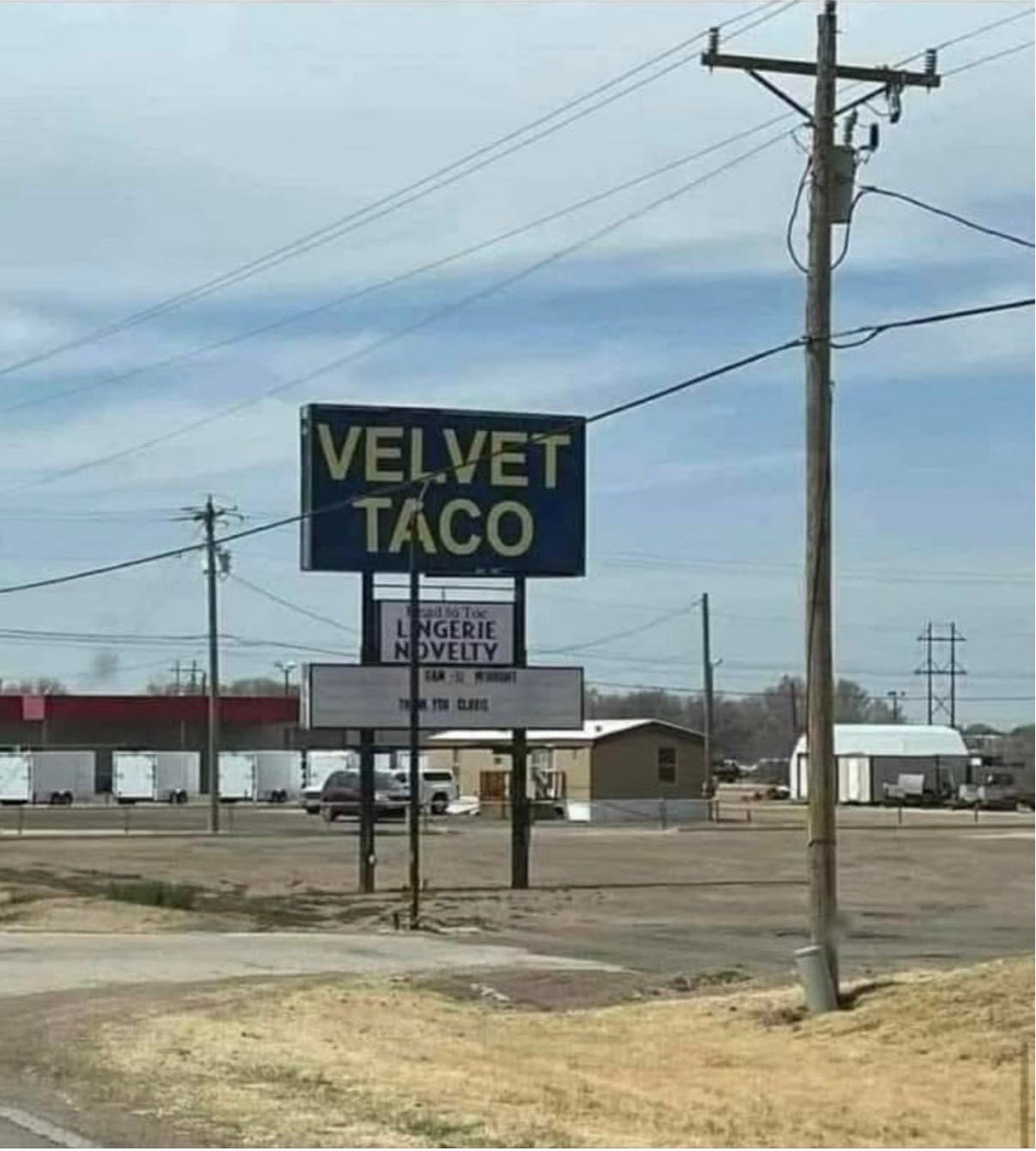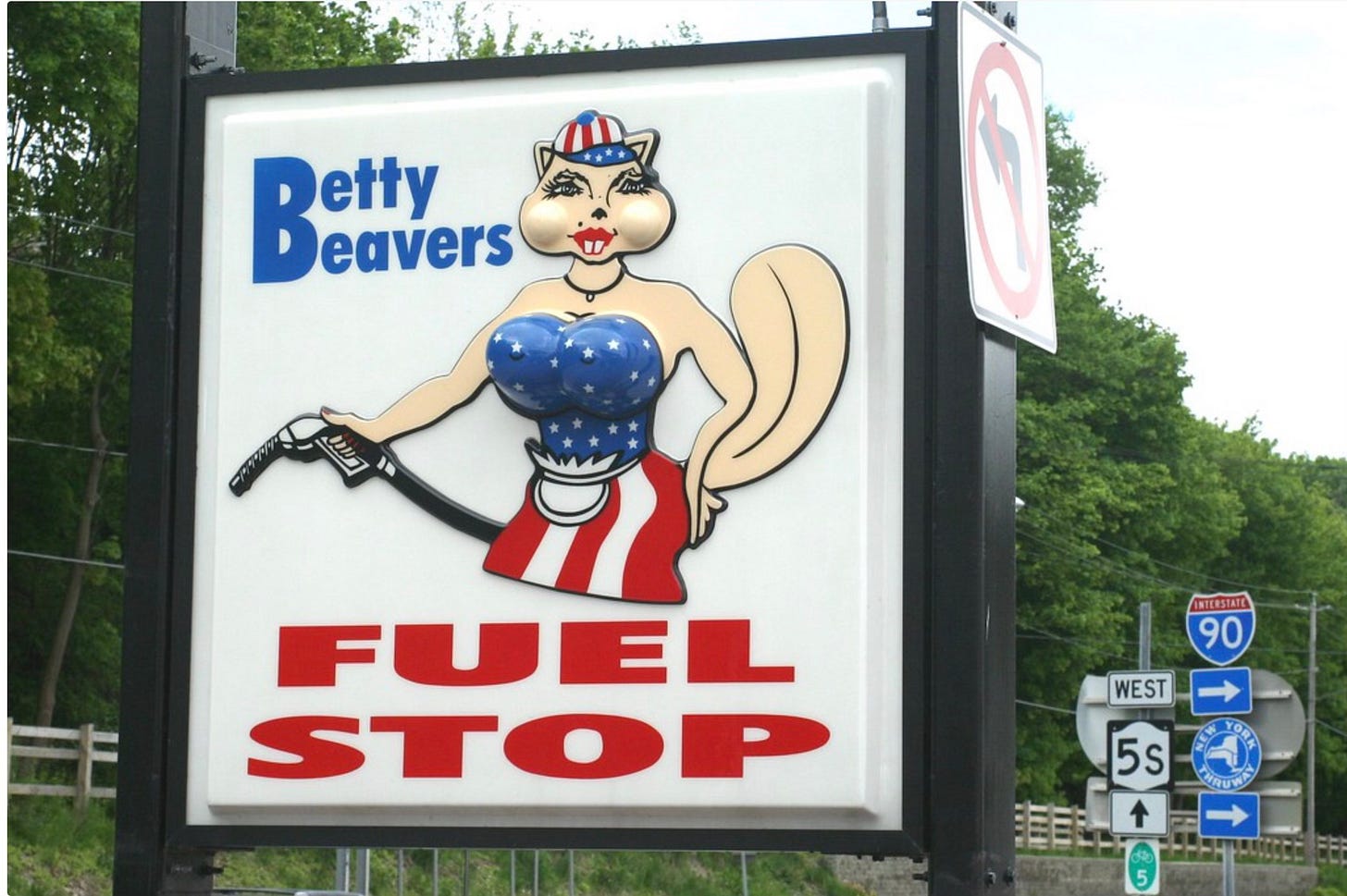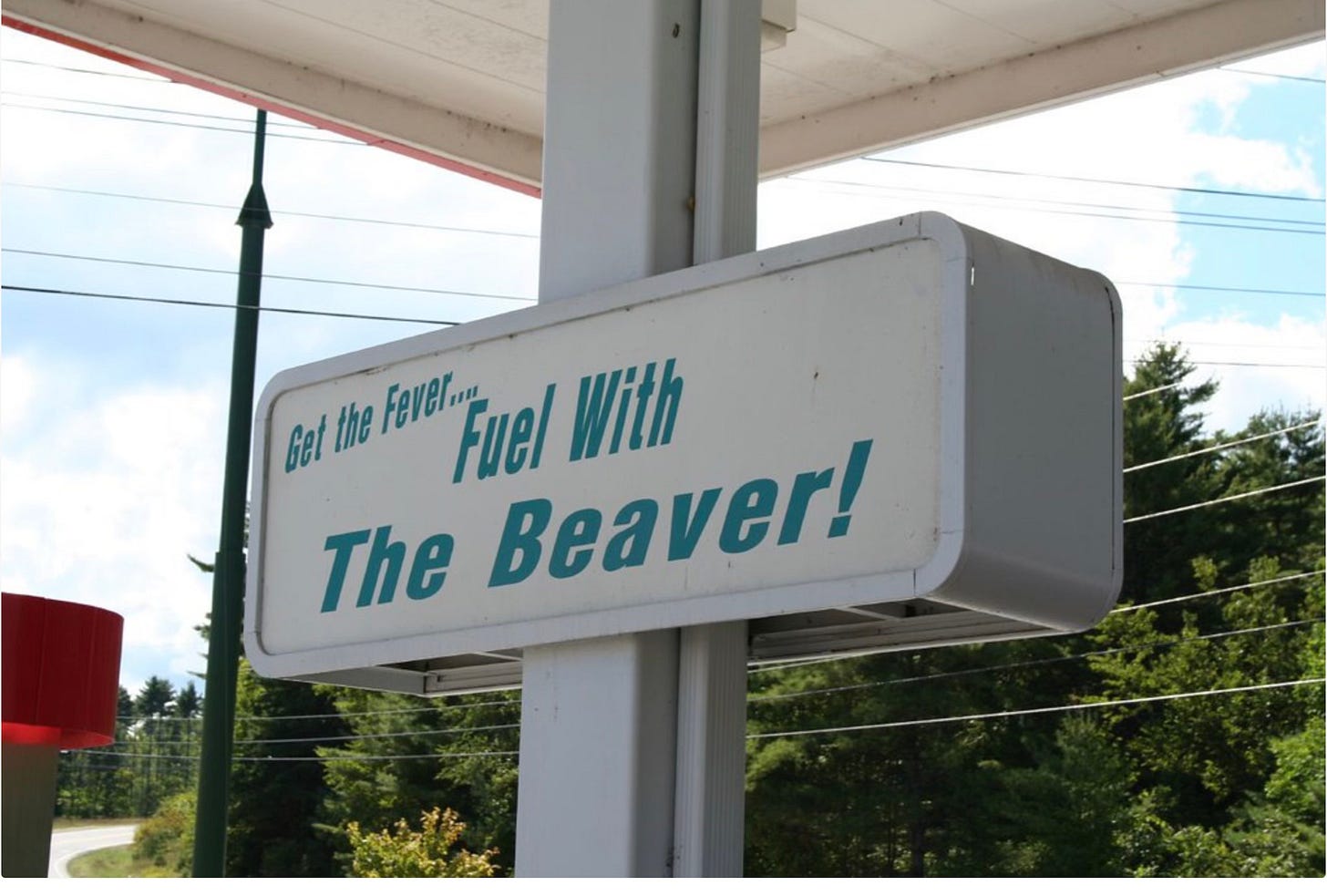We are in the midst of a controversy in our beloved community. A new gas station with the name “Gas Hole” is coming soon—maybe! The controversy over the name of the new business in town has created some very interesting battle lines in this little community. There seems to be concern over the property values of our community members nearest to the “Gas Hole”. The fear is that some adverse effect will occur to them if the business doesn’t change its name. I’m not sure how much of an effect the community will feel given the fact that our main entrance into Windham is populated with the following:
Empty Homes and Commercial Lots
A Storage Facility
A Heavy Equipment Rental And Tractor Sales Business
An Oil Company
Several Homes are being perpetually renovated or built (one has been in various states of construction for 30+ years)
This short list of issues is well within the purview of the planning board and its mandate. And probably far more adverse to property values within the community than a sign that reads “The Gas Hole 24-hour Gas”. And yet, the June 25th Planning Board meeting was dominated by one concern: the name “Gas Hole”.
It is beyond bizarre to see the planning board gin up the community to create faux outrage over what is essentially a non-issue for the planning board. It is as if we’ve stepped into a time warp and ended up somewhere between 2001 and 2005. I am fairly certain I detected a healthy dose of righteous indignation that echoed Attorney General John Ashcroft's response when faced with a bare-breasted statue of Lady Justice in the Department of Justice.
It is hard to pretend that in our current cultural moment, the “Gas Hole” is beyond the pale. This is especially true when one considers the rise and fall of the Breastaurant Phenomenon. A period of a decade between 2015 and 2025 of popularity for restaurants with names like “Twin Peaks” and “Bone Daddy’s”, to name a few, before the decline in 2025 with Hooters’ bankruptcy.
And our Culture has shifted in what is considered acceptable titles for films, books, and television. In 2012 CBS aired the series “GCB” based on the 2008 autobiographical novel by Kim Gatlin called “Good Christian Bitches”. At the time the the initials of “GCB” were used to conceal the true title. However, 13 years later, our sensibilities as consumers would not be as prudish. In 2025 Hulu (a Disney Company) aired the original film “Night Bitch”.
The literary world adopted more provocative titles, especially within the sphere of the popular philosophy genre. For example in 2012 Professor of Philosophy Aaron James of UC Irvine published the book: “Asshole: A Theory”— it later inspired a documentary of the same title in 2019 by director John Walker. This same formula was repeated in 2018 when anthropologist and professor David Graeber published the book “Bullshit Jobs: A Theory”. Both James’ and Graeber’s books were successful in the marketplace. And I can add more to the list, from Television to T-shirts. The fact is that Americans are accepting what was once considered profane and taboo in open public discourse, even if the town of Windham isn’t.
But more importantly, it is going to be very hard for the Town to construct any new sign law that will curtail this type of free expression without violating the “Gas Holes” owners’ freedom of speech. In 2015, the Supreme Court ruled in Reed v. Town of Gilbert, Arizona, that any sign law that implicitly or explicitly attacks the creator of a sign’s freedom of speech is unconstitutional. Furthermore, the Supreme Court ruled the following:
“Government discrimination among viewpoints is a “more blatant” and “egregious form of content discrimination,” Rosenberger v. Rector and Visitors of Univ. of Va., 515 U. S. 819, but “[t]he First Amendment’s hostility to content-based regulation [also] extends . . . to prohibition of public discussion of an entire topic,” Consolidated Edison Co. of N. Y. v. Public Serv. Comm’n of N. Y., 447 U. S. 530”
It could I feel be rather easily argued that any sign law constructed to reduce “titillating” or “provocative” type signage would violate the First Amendment by ultimately ending the public’s open use of said language. This, of course, is again not part of the scope “planning board” nor should it be the role of this committee of local government.
The planning board’s function is to execute the local laws that deal with building codes, zoning regulations, content-neutral aspects of sign designs, and other environmental regulations that may pertain to the development of a business. It is not the purpose of the Planning Board to focus on the social value of the name of a business entity any more than it is the Planning Board’s purpose to approve the business entity’s business model before approving the plans for the building.
This is an unnecessary intrusion into the inner workings of the entrepreneur’s business model by what should be an apolitical committee within the community. The fact that June 5th’s Public Hearing on the topic became, in essence, a public hearing on the naming of the business was without precedent. And it might be within the public’s rights to discuss the name of the business, but it is not the role of local government or its committees to determine the validity of a name merely because it might be suggestive or provocative. It is frightening to think that essentially the community was asking an unelected body of our local government to randomly determine the appropriateness of our First Amendment rights. I would hope that our community is strong enough to see the dangers of what happened on June 5th, 2025, at the planning board when residents demanded that the Planning Board consider the name of the business in their review process instead of the validity of the site plan. This type of distortion of the role of the planning board will only lead to a slippery slope of censorship in our community.
The Planning Board is not the police of popular culture in our community. A local government should ensure that the Planning Board is never used to impede the ability of a person(s) in our community to complete a project due to a controversy over the name of a business or the political leaning of the applicant. That is why I will be at the 19th of June’s meeting once again, voicing my thoughts on why the Planning Board should focus on the site plan and disregard any comments on the name of the respective business.







